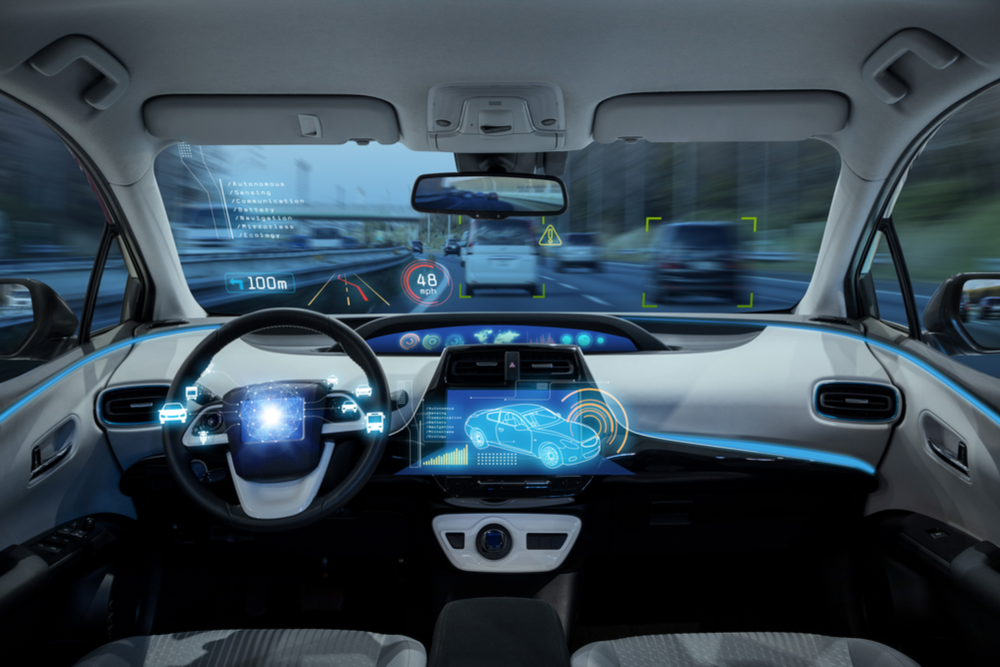3 tech brands lurking beneath the self-driving car revolution

The Internet of Things and self-driving car movement are closely linked as cameras, sensors and robust processing engines are unified to make autonomous vehicles possible. But when you think about self-driving cars, you probably imagine one of the growing flock of automotive manufacturers that have begun implementing sophisticated driver-assist programs and autonomous functions.
Tesla’s autopilot capabilities and similar projects from luxury auto brands get plenty of attention, but a PricewaterhouseCoopers study pointed out that while 70 percent of today’s connected vehicle revenue is tied to luxury brands, the market is democratizing. By 2022, just 50 percent of self-driving vehicle revenue will come from high-end automobiles.
As continued IoT advances fuel better and more accessible connected vehicle experiences, let’s look beyond the automotive brands to see who is driving the technology under the hood – not to mention surrounding the entire vehicle.
Nvidia and Bosch
Nvidia began disrupting the supercomputing industry a few years ago by introducing GPU processing as a better way to run robust data simulations when dealing with environmental information. This same deep learning functionality is extending to the self-driving vehicle world.
Nvidia has partnered with Bosch to combine deep learning, GPU acceleration, artificial intelligence, and machine learning into a self-driving vehicle revolution. For a glimpse into this future, check out the emergence of Roborace, an Nvidia-partnered testbed for high-performance self-driving cars.
Intel
Not to be outdone by its graphics-focused processing counterpart, CPU giant Intel has tossed its hat into the self-driving vehicle ring. The chip-maker has acquired Yogitech as part of a new focus on developing Atom and Quark solutions specifically for the IoT sensors used in self-driving vehicles, PCWorld reported.
It’s difficult to talk about self-driving cars without bringing Google into the conversation. Google’s Waymo vehicle may be one of the most advanced and road-tested fully autonomous cars out there. The company is also entering a legal battle with Uber regarding the intellectual property rights around its underlying IoT and self-driving technologies, TechCrunch reported.
Why these brands matter
Self-driving cars aren’t isolated to the automotive industry. Instead, entrenched technology leaders are guiding the development of the emerging sector. The IoT is central within this environment as solution providers are working to not only develop the best ways to leverage cameras, sensors and similar devices in vehicles but also ramp up their ability to gather and process data in real time. This the ultimate lesson of the IoT for just about any business – data doesn’t matter until you can use it, and better-connected devices depend on apps, services and processing capabilities that bring information to bear in the real world.
When it comes to the emergence of either partially or fully autonomous vehicles, it’s organizations like Nvidia, Bosch, Intel, and Google that are creating the underlying frameworks to make innovation possible. But this is only the beginning. More data will mean deeper analysis and, over time, a greater capacity for safe, secure connected cars.
Leave a Reply
You must be logged in to post a comment.